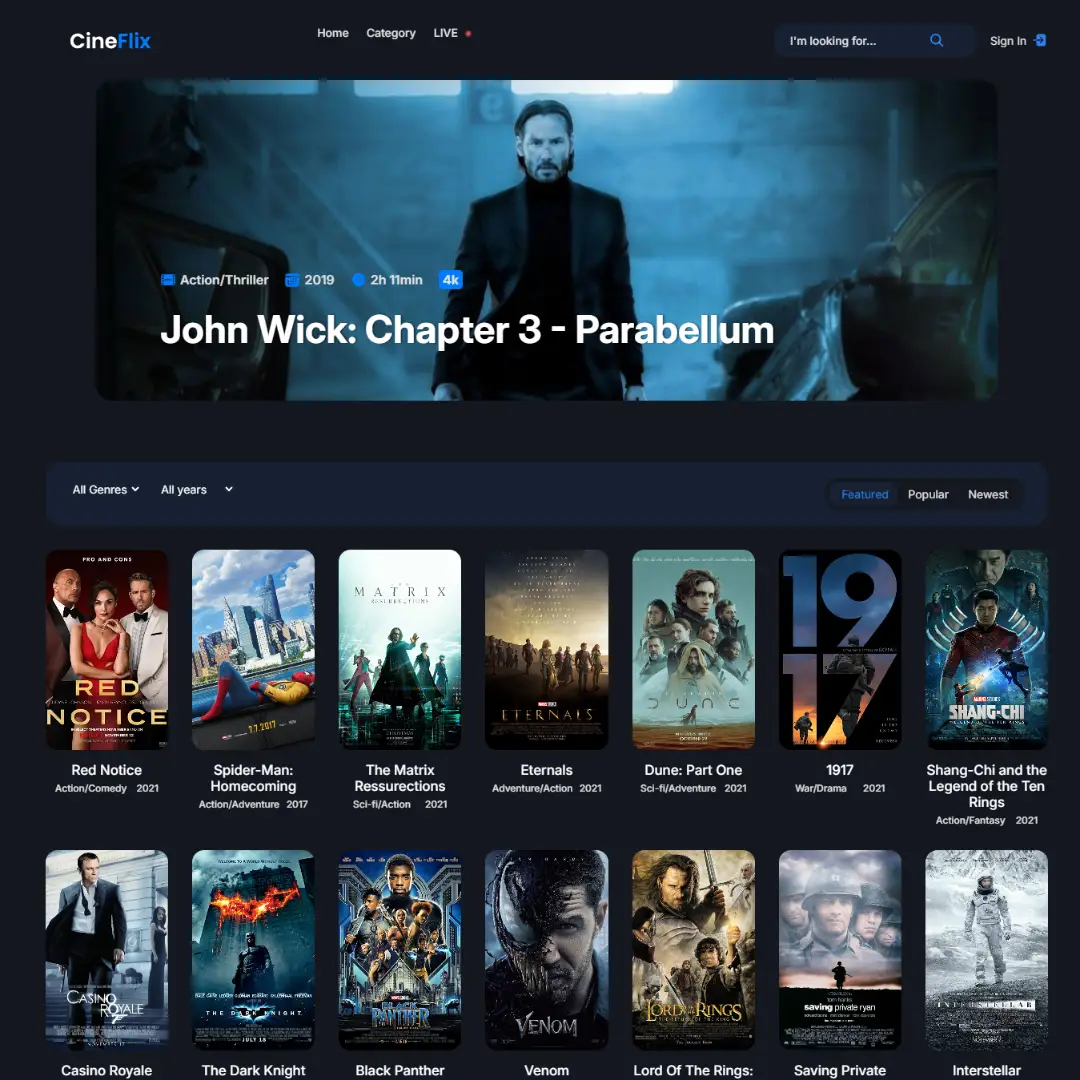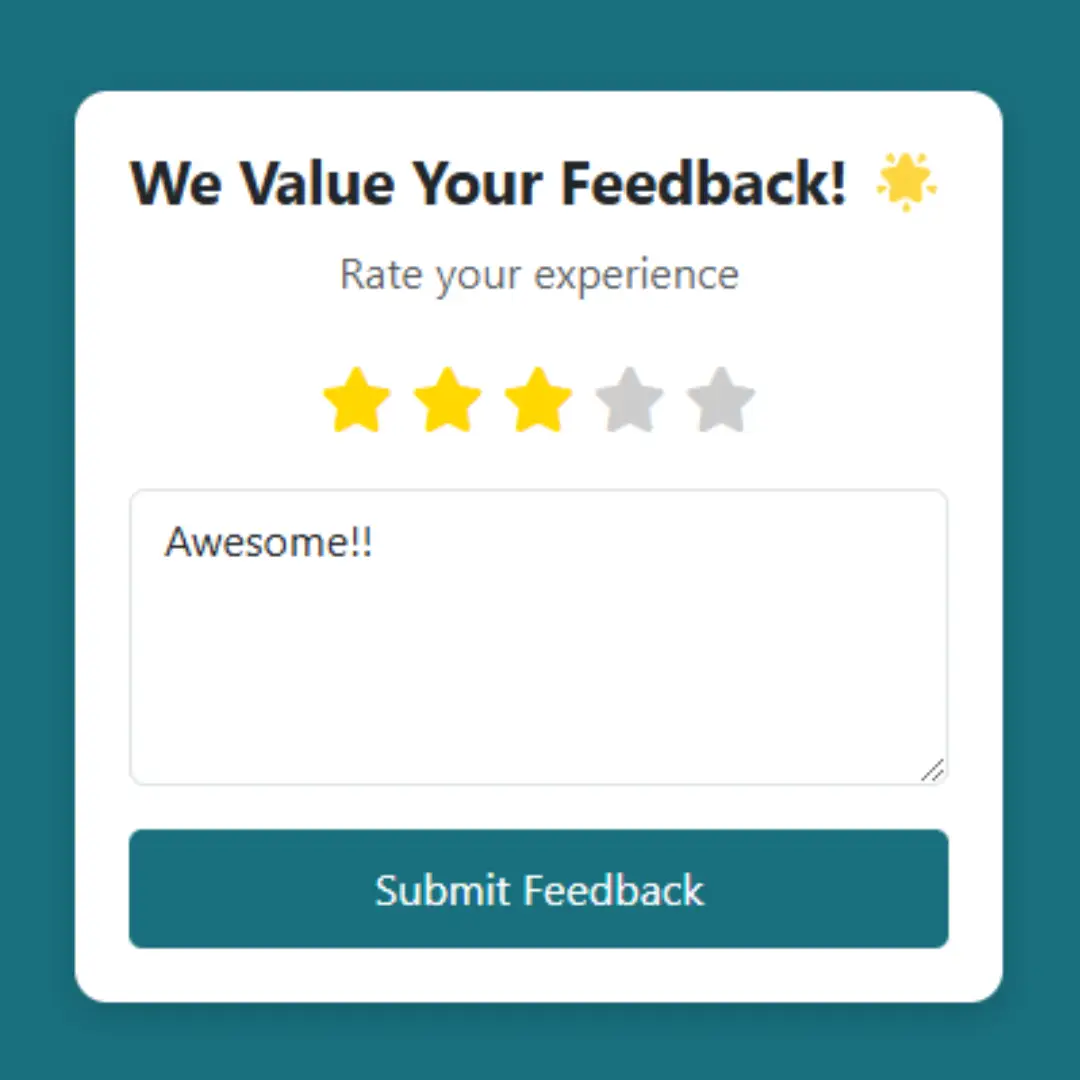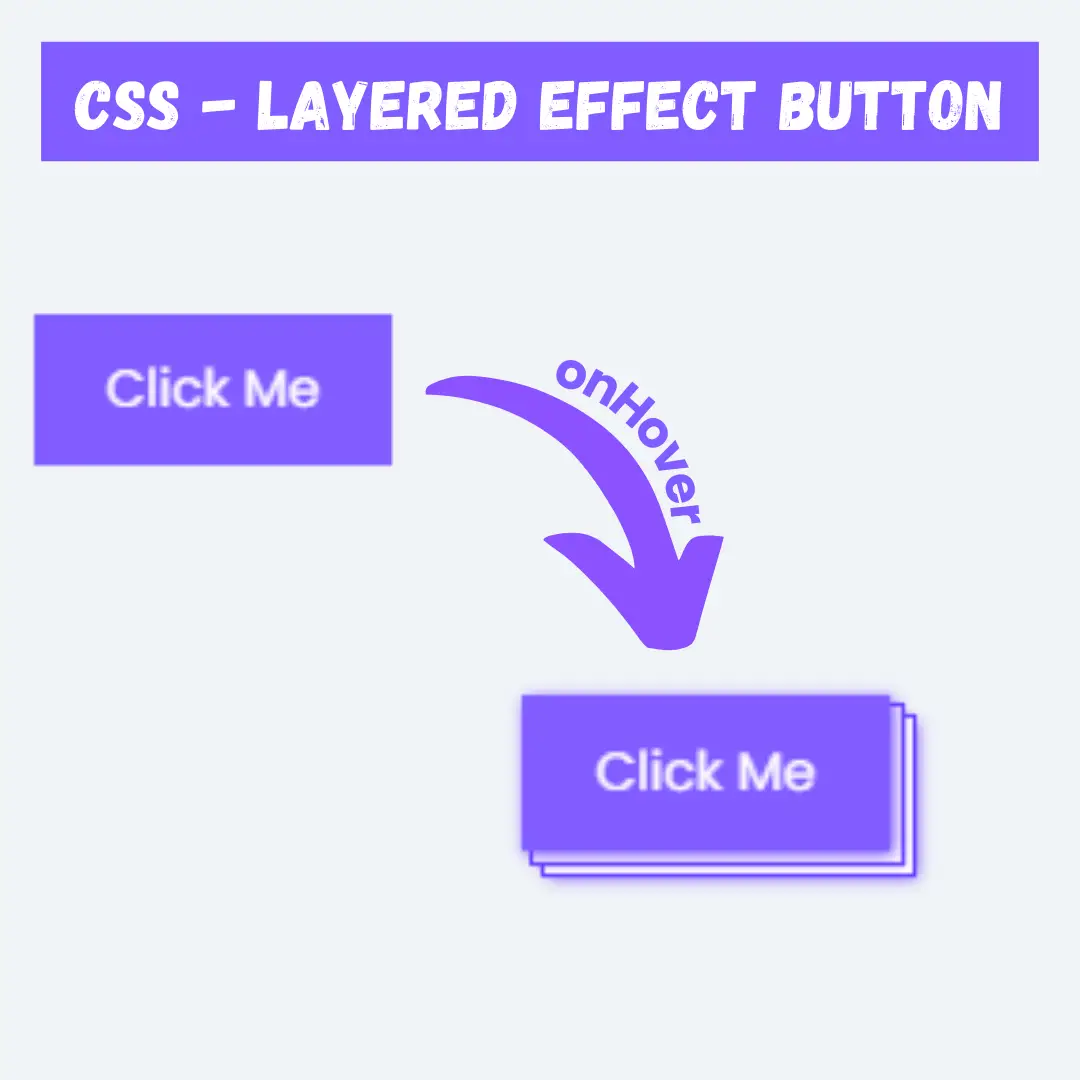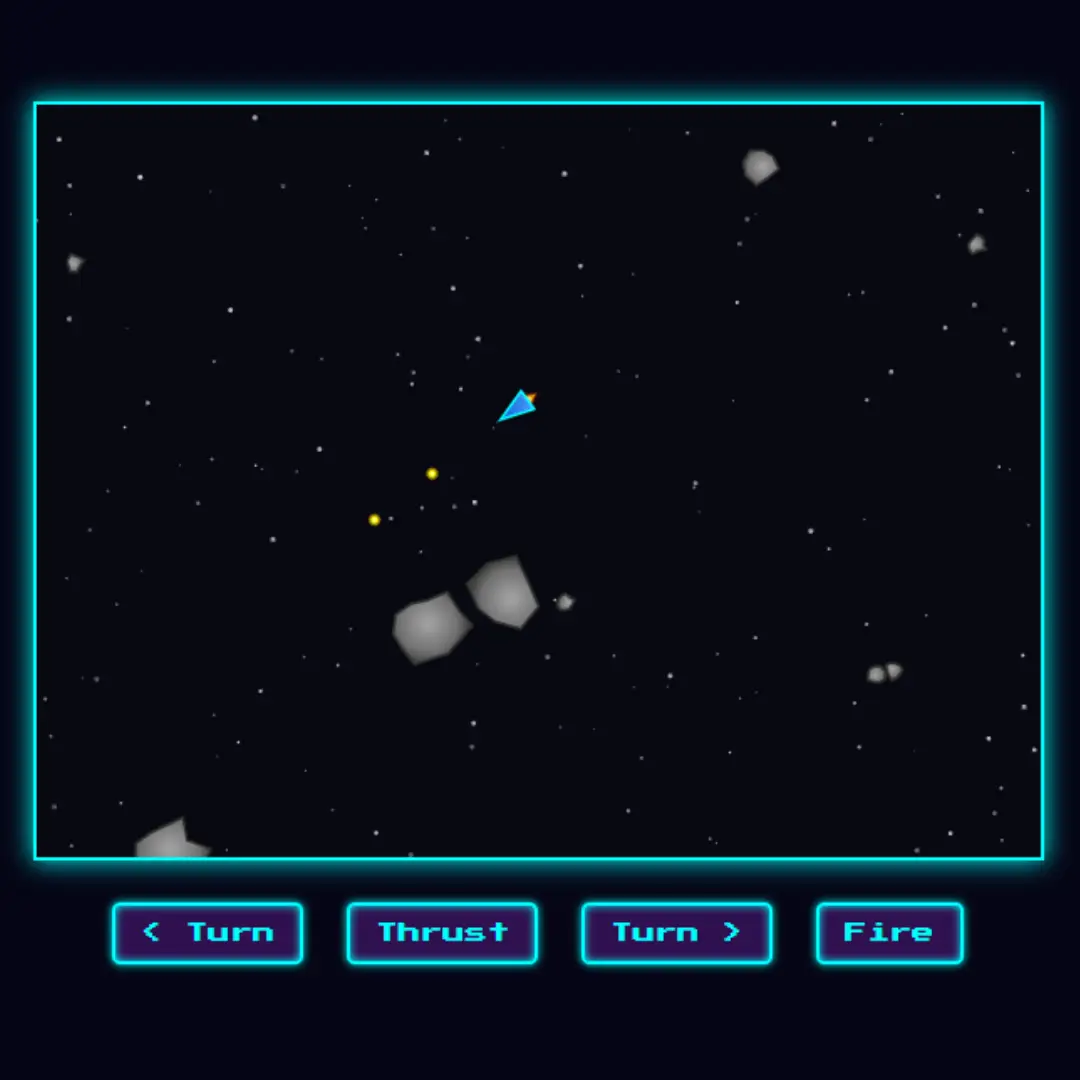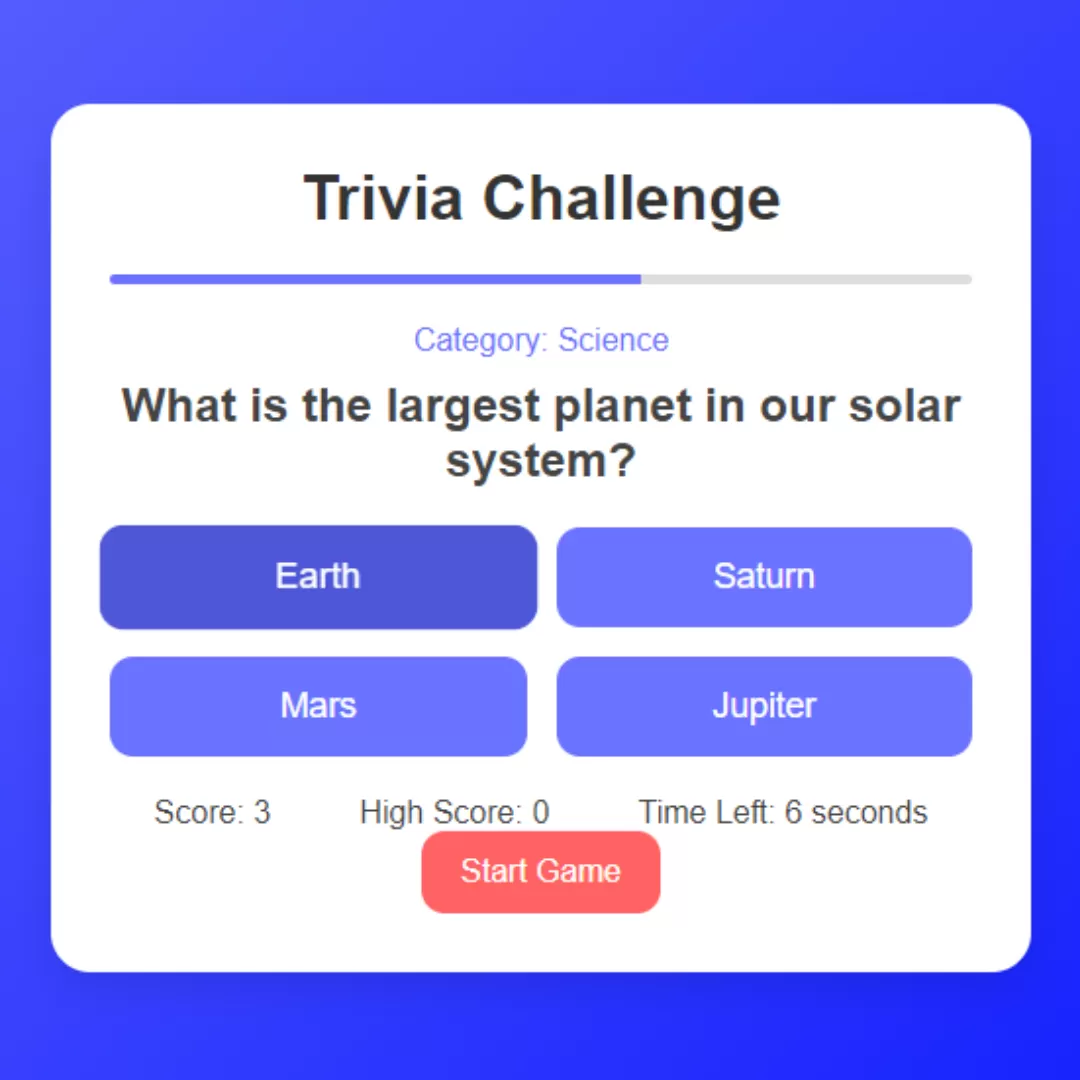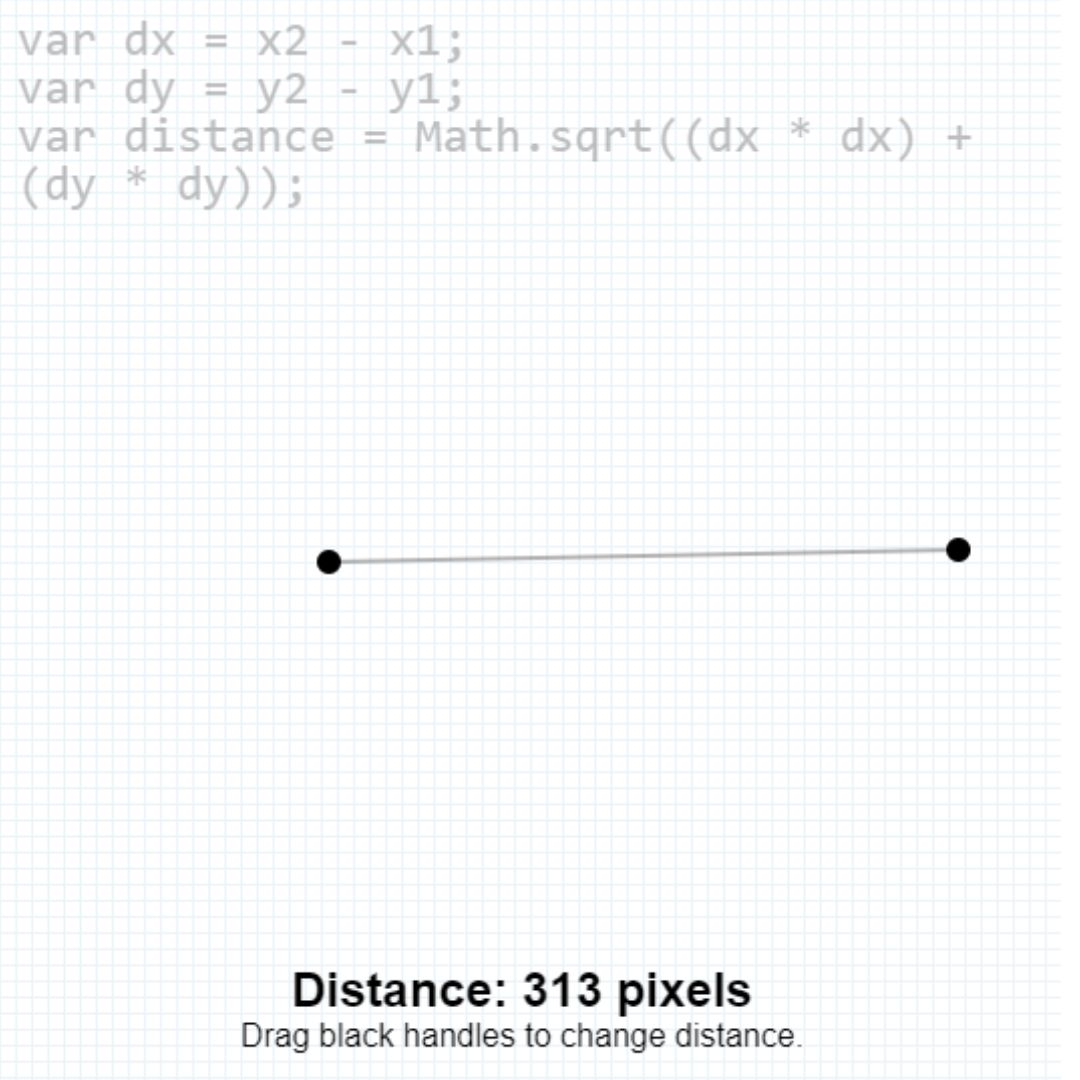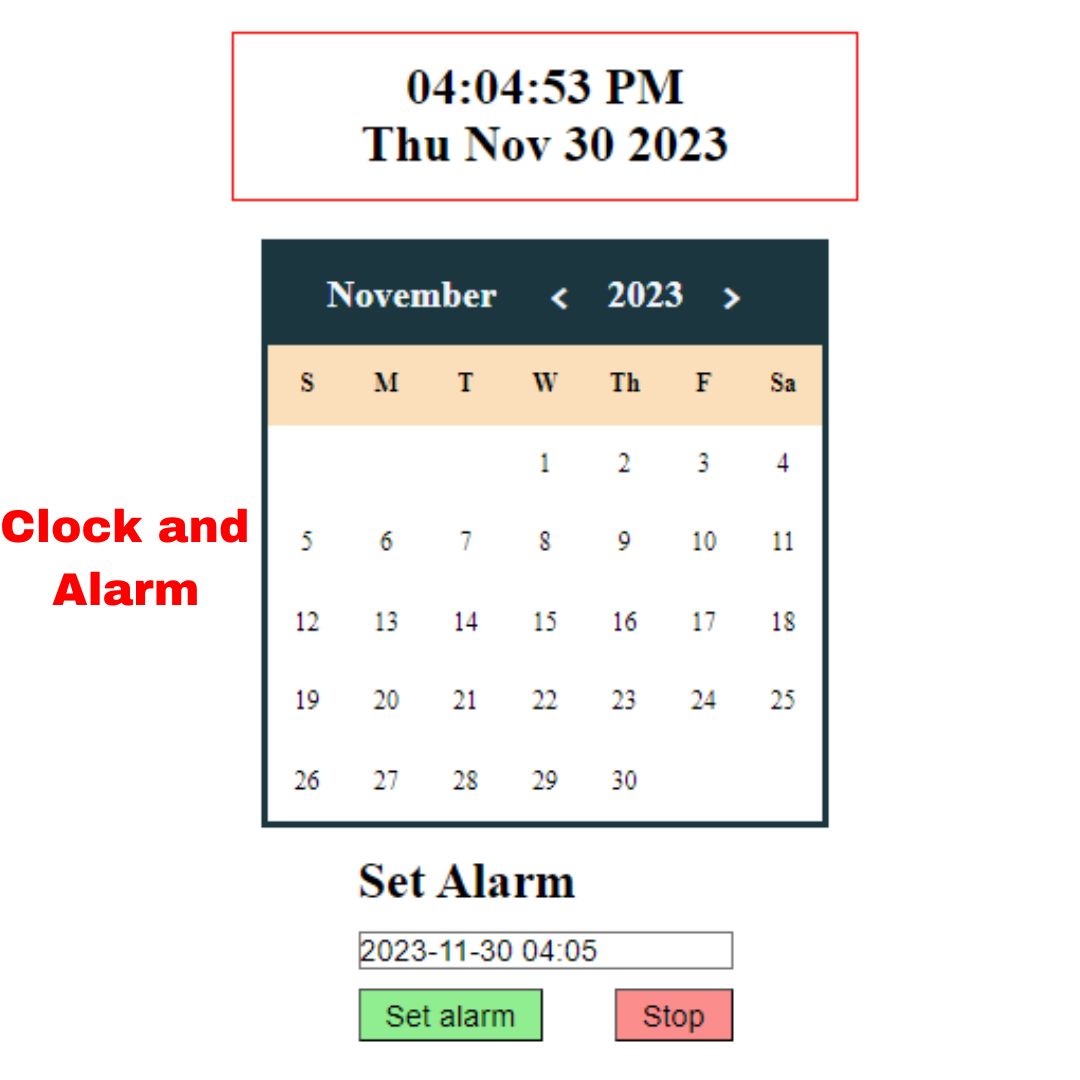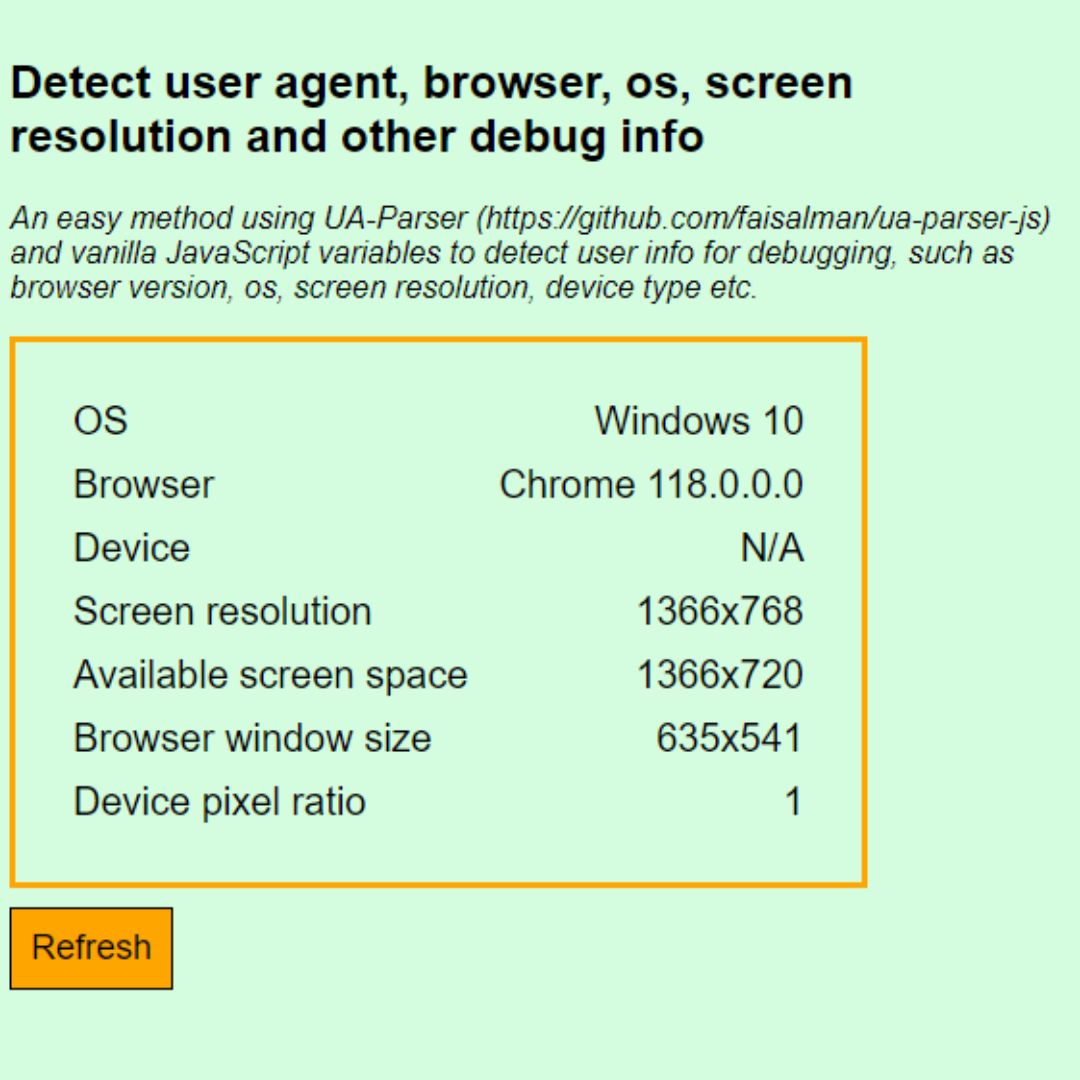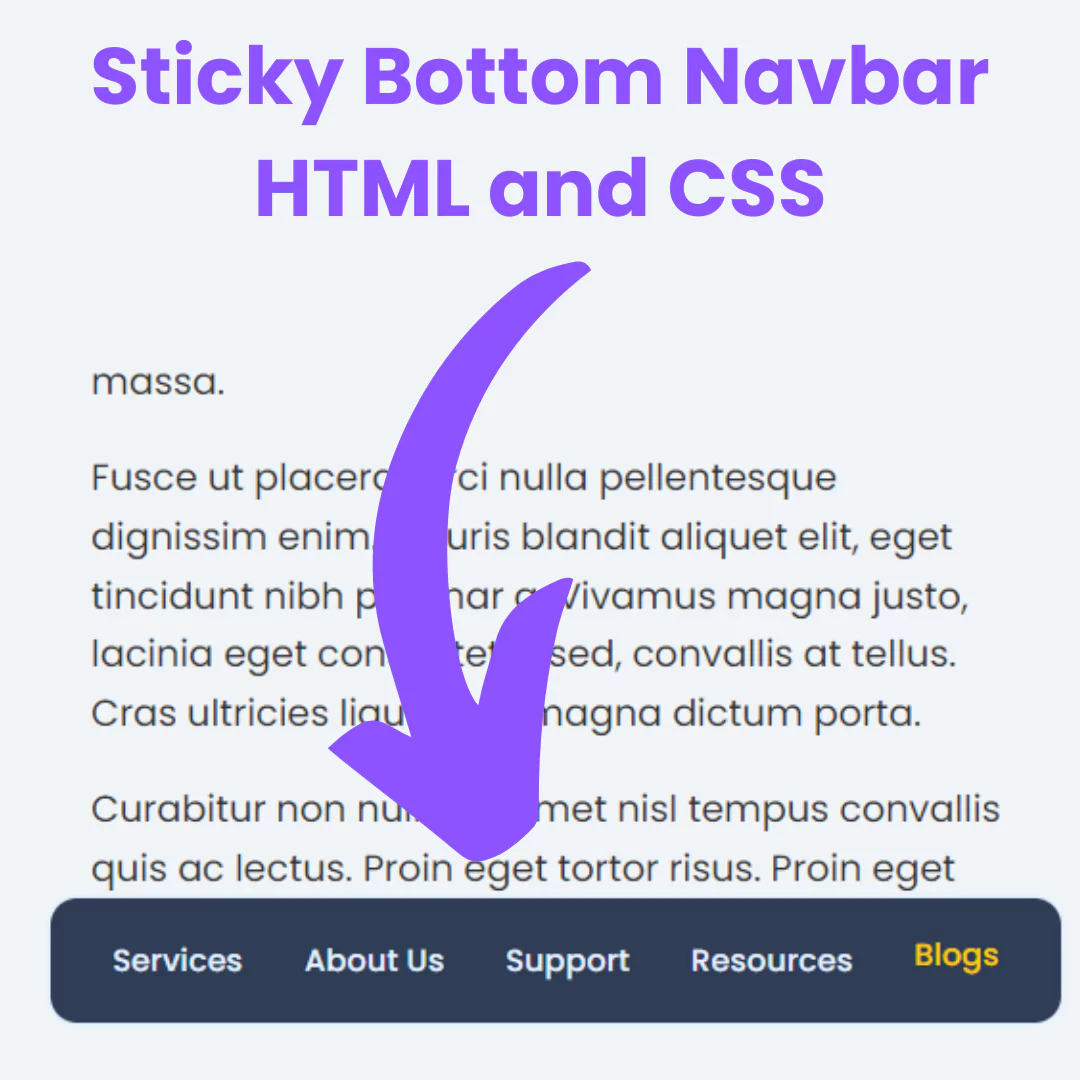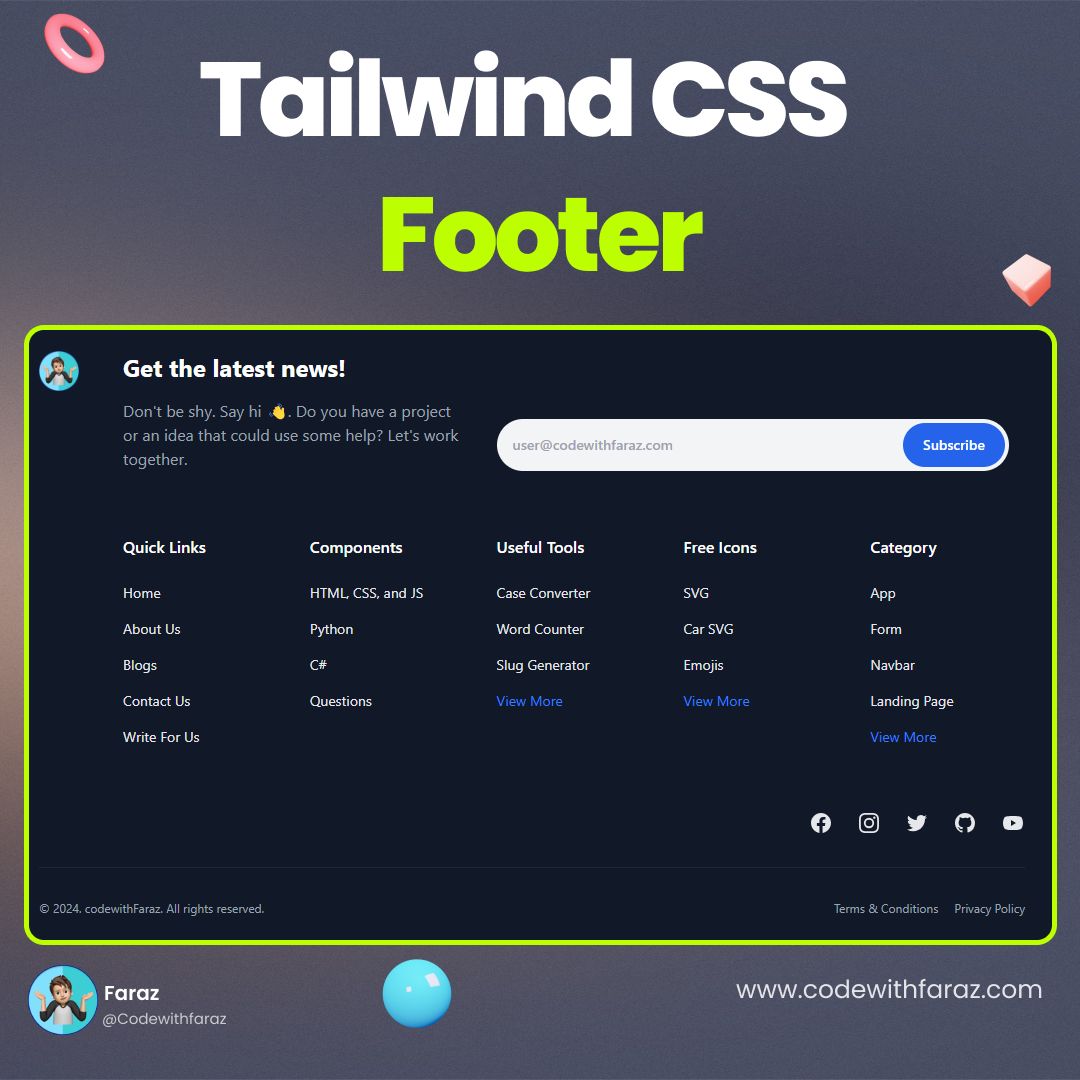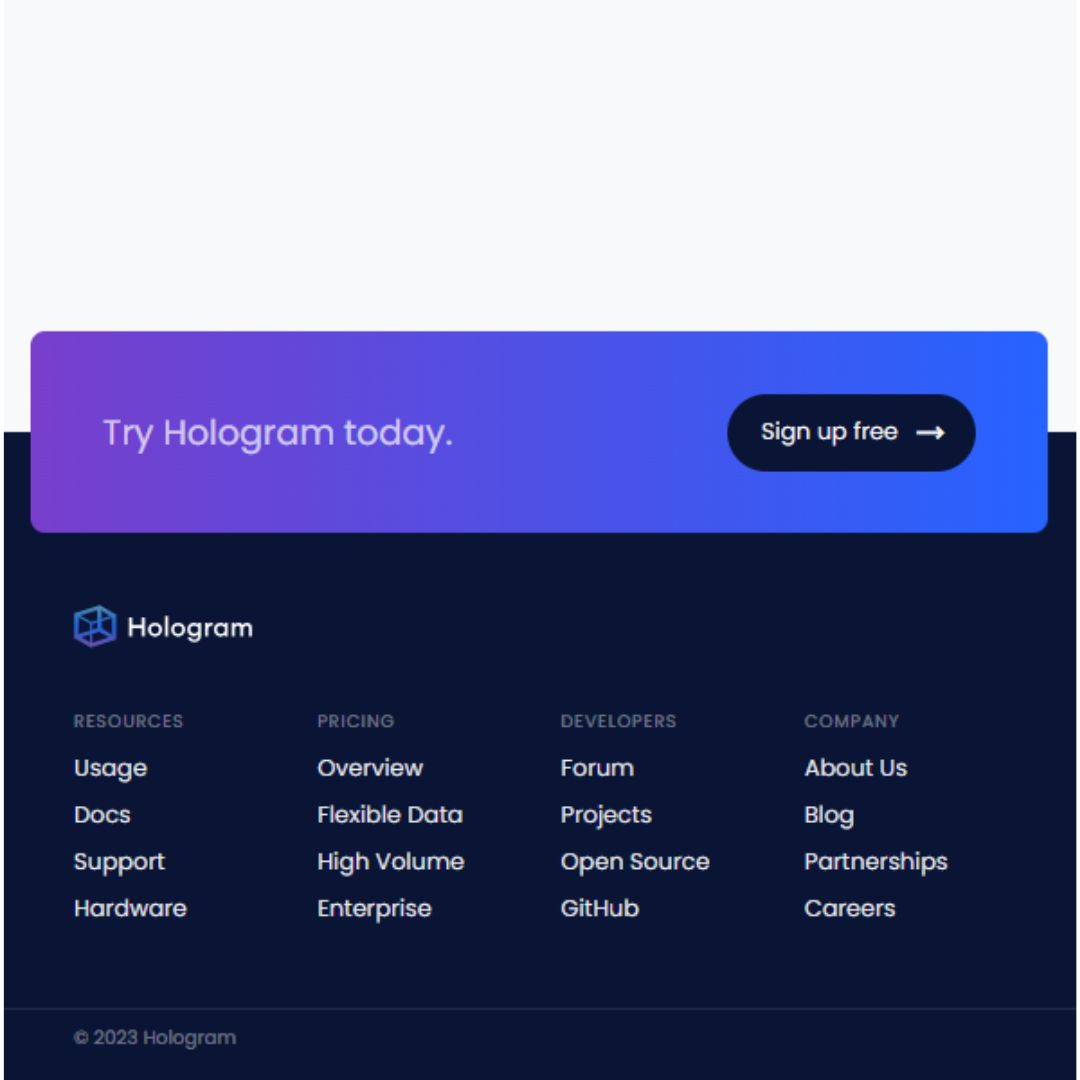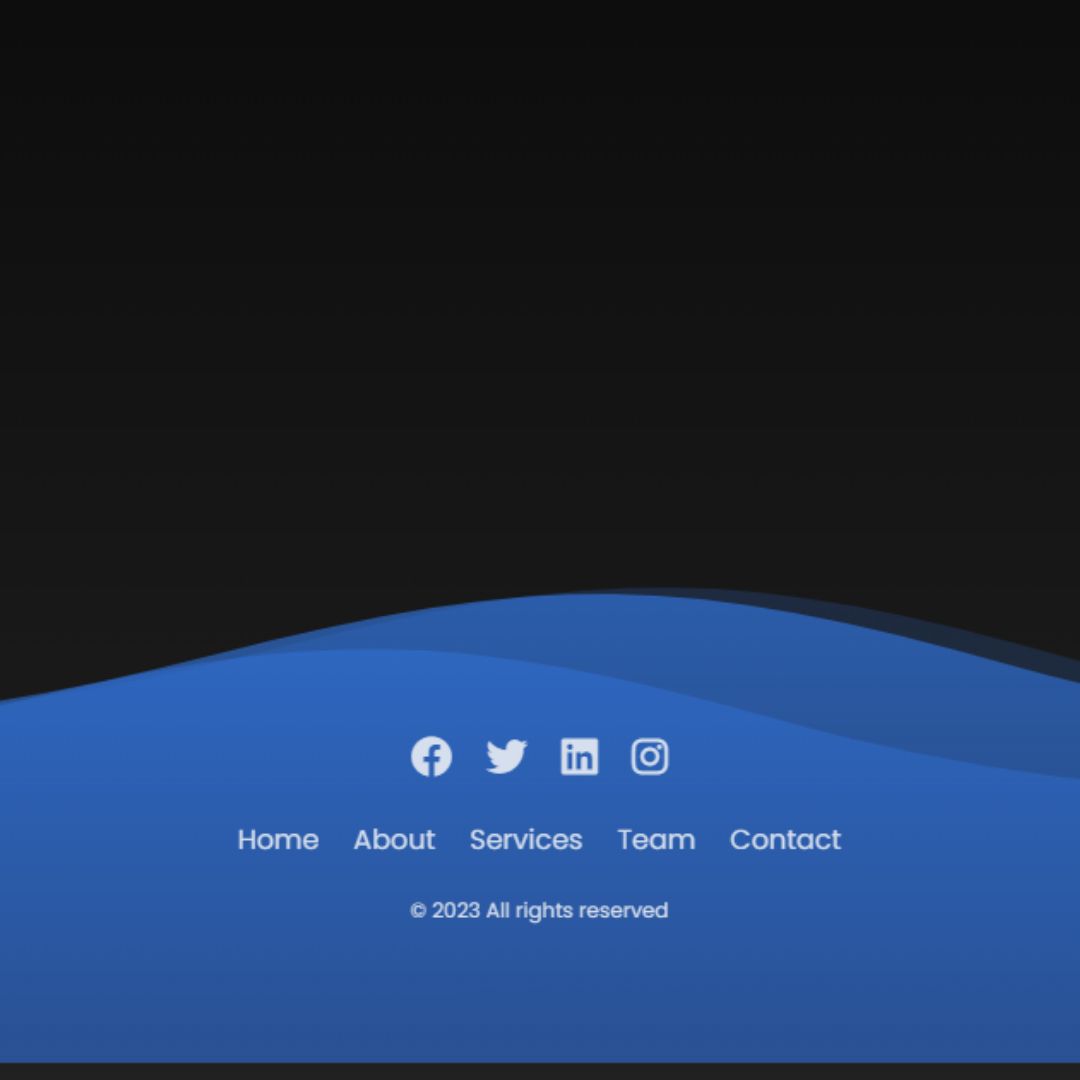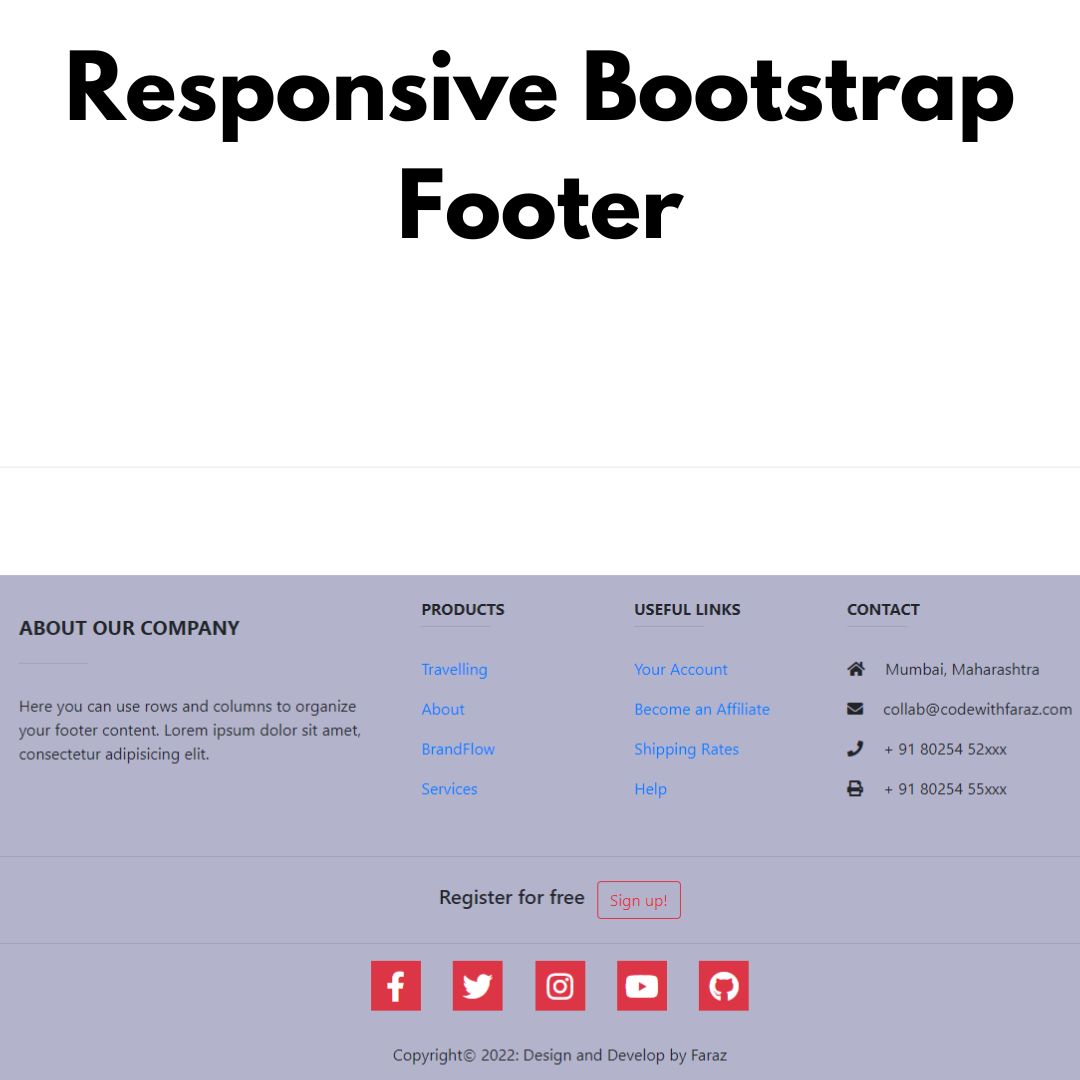Hadoop is an open-source software framework designed to store and process large amounts of data. The Hadoop framework can be used as a standalone project, or with applications that also use it. To learn more about Hadoop and why it might be beneficial to you, read this article!

Hadoop is a big data platform that helps organizations manage and analyze huge data sets quickly and efficiently. If you're interested in learning more about Hadoop, or if you're looking for a way to streamline your data analysis processes, read on for our comprehensive guide.
What is Hadoop?
Hadoop is a big data platform that helps organizations manage and analyze huge data sets quickly and efficiently. Its simplicity, scalability, and ability to process large amounts of data quickly have made it one of the most popular Big Data platforms on the market.
Hadoop is composed of several core components: HDFS (a distributed filesystem), MapReduce (a distributed processing engine), YARN (a resource management system), and HBase (an open-source database). Together, these components allow you to easily store, access, process, and analyze large data sets using a simple programming model.
Features of Hadoop
- It is easy to use and deploy, making it suitable for smaller organizations as well as larger ones.
- It provides a robust framework for data storage and management, allowing you to easily store your data in HDFS or MapReduce clusters.
- Hadoop can ingest data from various sources, including text files, relational databases and log files.
Why Do You Want to Know About Hadoop?
There are several reasons why you might want to know about Hadoop:
-To improve your business efficiency: Hadoop can help you process large amounts of data more quickly and efficiently, which can help you better understand your customers and competitive landscape.
-To better manage your data: Hadoop can help you archive old data, manage security and compliance issues, and make it easier to find specific information.
-To increase your understanding of the world around you: By using Hadoop, you can collect data from a variety of sources and make analysis more efficient. This can help you better understand political trends or global events.
How Does It Work?
Hadoop is a software product developed by the Apache Software Foundation (ASF) to manage data stored in large clusters of computers. It accomplishes this by dividing the data into small blocks (called "blocks"), distributing them across the cluster, and then allowing the nodes to access the blocks only when they are requested. In addition, Hadoop uses a distributed algorithm called "MapReduce" to process the data. Finally, Hadoop provides a framework for developers to build applications on top of it.
When to Use Hadoop?
Hadoop is great for processing large amounts of data quickly and efficiently. Here are some tips on when to use Hadoop:
- If you have a lot of data that needs to be processed quickly. Hadoop is a great option because it can handle large amounts of data quickly.
- If you need to analyze data in a more flexible way than traditional tools allow. Hadoop allows for more flexibility in how data is analyzed, which can give you insights that you wouldn't be able to get otherwise.
- If your data is in a difficult to access format or if you need to process it in parallel. Hadoop can help you process your data in parallel, making the task faster and easier.
Pros and Cons of Hadoop
Pros of Hadoop:
- Hadoop is fast and efficient at processing large data sets.
- Hadoop can be used to process both structured and unstructured data.
- Hadoop can be easily integrated into existing systems.
- Hadoop can be used to build scalable and flexible systems.
Cons of Hadoop:
- Hadoop can be expensive to set up and maintain.
- Hadoop requires a lot of storage space.
Conclusion
Hadoop is a big data platform that allows you to store and process large amounts of data quickly. In this article, we'll take a look at why you might want to consider using Hadoop and how it can help your business. If you're thinking about implementing big data strategies in your business, or if you just want to learn more about this growing technology, read on!
That’s a wrap!
Thank you for taking the time to read this article! I hope you found it informative and enjoyable. If you did, please consider sharing it with your friends and followers. Your support helps me continue creating content like this.
Stay updated with our latest content by signing up for our email newsletter! Be the first to know about new articles and exciting updates directly in your inbox. Don't miss out—subscribe today!
If you'd like to support my work directly, you can buy me a coffee . Your generosity is greatly appreciated and helps me keep bringing you high-quality articles.
Thanks!
Faraz 😊





